BUSINESS
‘Fuel Price Should Be N1,200 Per Litre, FG Still Subsidizing’ – Oil Marketers Disagree With NNPCL Over Subsidy
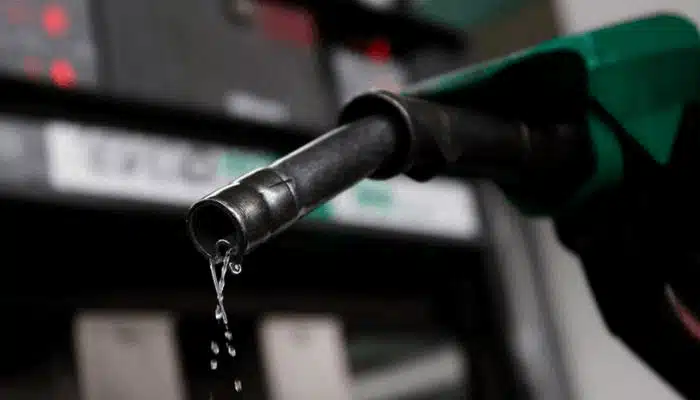
BUSINESS
Naira drops to N1,089 against US dollar at official forex market
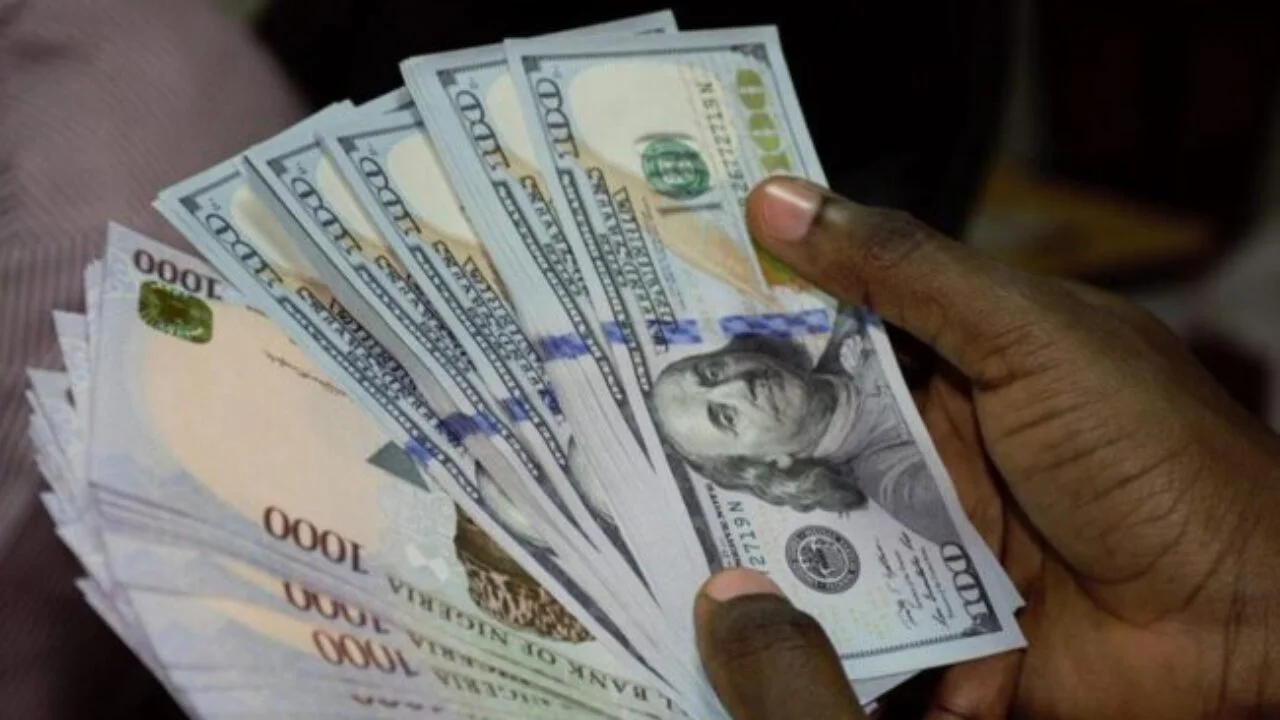
The Naira on Tuesday depreciated to N1,089.51 against the US dollar at the official foreign exchange market.
Data from FMDQ showed that the Naira dropped to N1,089.51 per US dollar compared to N856.57, which was quoted at the end of business on Monday.
The figure represents N220.38 depreciation in the local currency compared to the N856.57 per dollar on Monday.
The development comes after the country’s currency dropped after three days of successive gains in the new year.
Similarly, the Naira dropped to N1,245 per US dollar from N1,240, which it traded on Monday at the parallel market.
The depreciation comes despite the Nigerian federal government receiving a $2.25 billion foreign exchange support loan from the African Import-Export Bank over a week ago.
BUSINESS
Nigeria’s economy to grow at 3.3 per cent in 2024 – World Bank
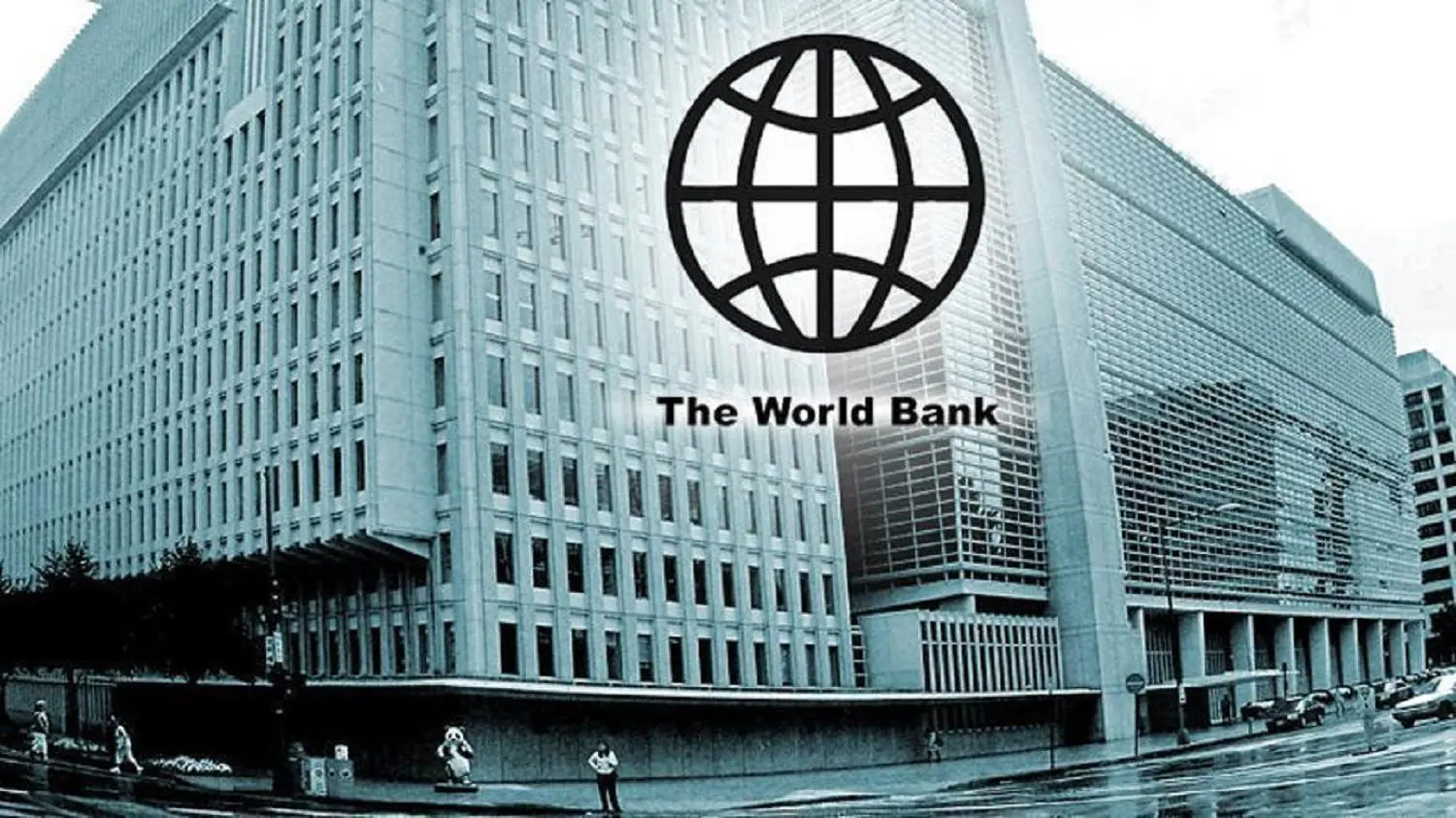
The Washington-based World Bank has projected Nigeria’s economy to grow 3.3 per cent this year.
The leading development bank disclosed this in its recent Global Economic Prospect (GEP).
Accordingly, the latest growth projection for Africa’s largest economy, Nigeria, is about 0.4 percentage points higher than the 2.9 per cent it is expected to have closed last year.
Meanwhile, the projection is slightly behind that of sub-Saharan Africa (SSA), which is to expand by 3.8 per cent, but far modestly above the estimated global average of 2.3 per cent.
The latest projections for 2024 and 2025 are way above June forecasts, which were three and 3.1 per cent, respectively, re-validating the global bank’s rising confidence in the prospect of the economy since downstream oil and foreign exchange reforms that started the mid-last year.
According to the report, Nigeria’s inflation will “gradually ease as the effects of last year’s exchange rate reforms and removal of fuel subsidies fade”, with the structural reforms expected to boost fiscal revenue.
“Growth in SSA is expected to accelerate to 3.8 per cent in 2024 and further to 4.1 per cent in 2025 as inflationary pressures fade and financial conditions ease.
“The projections for regional growth in 2024 and 2025 have changed little from June forecasts, but these aggregates mask a mix of upgrades and downgrades at the country level.
“While growth in the largest economies in SSA is expected to lag the rest of the region, non-resource-rich economies are forecasted to maintain a growth rate above the regional average.
“Excluding the three largest SSA economies, growth in the region is expected to accelerate from 3.9 per cent in 2023 to 5 per cent in 2024 and a further 5.3 per cent in 2025,” the report said about Africa.
WORLD WIDE GIST reports that on the first day of this year, President Bola Ahmed Tinubu signed the N28.7 trillion 2024 appropriation bill into law with a 3.76 per cent projected economic growth rate.
BUSINESS
Black Market Dollar To Naira Exchange Rate Today 6th January 2024
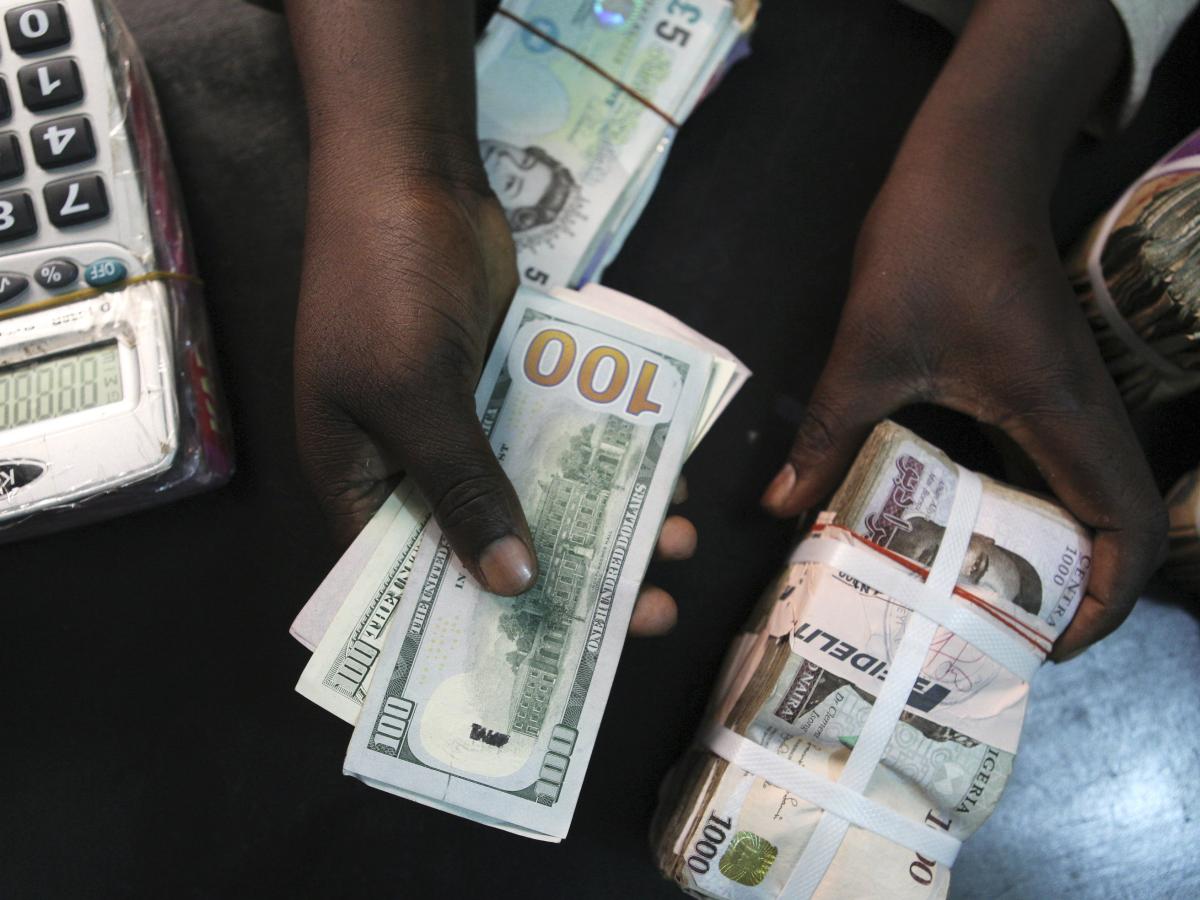
What is the Dollar to Naira Exchange rate at the black market also known as the parallel market (Aboki fx)?
-
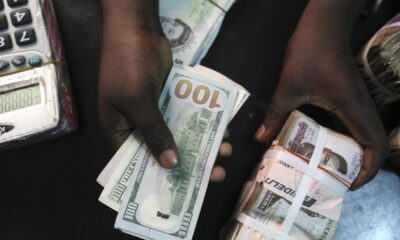
 BUSINESS4 months ago
BUSINESS4 months agoBlack Market Dollar To Naira Exchange Rate Today 6th January 2024
-
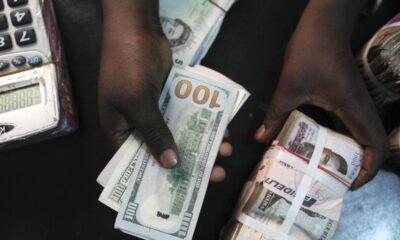
 BUSINESS4 months ago
BUSINESS4 months agoBlack Market Dollar To Naira Exchange Rate Today 5th January 2024
-

 ENTERTAINMENT4 months ago
ENTERTAINMENT4 months ago‘She Got To My House, And I Accepted Her Wholly’ – Yemi My Lover Speaks On Relationship With Tope Alabi
-

 GIST4 months ago
GIST4 months agoPolice confirm abduction of 10 persons in Jalingo, Taraba State capital
-

 GIST4 months ago
GIST4 months agoKwara: FRSC recorded reduced road traffic crashes in 2023 – Sector Commander
-
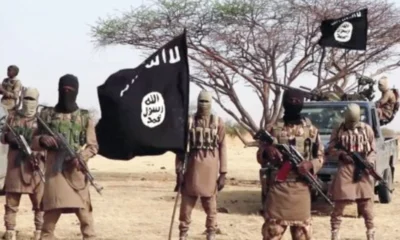
 GIST4 months ago
GIST4 months agoBoko Haram kills 5 in Yobe
-
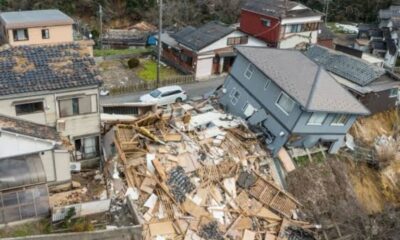
 GIST4 months ago
GIST4 months agoOver 240 people missing after Japan earthquake
-
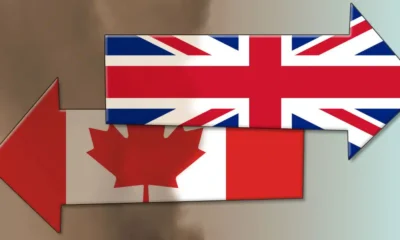
 EDUCATION5 months ago
EDUCATION5 months agoVisa Ban: UK Varsities Hit With Low Revenue As Nigerians Turn To Canada

